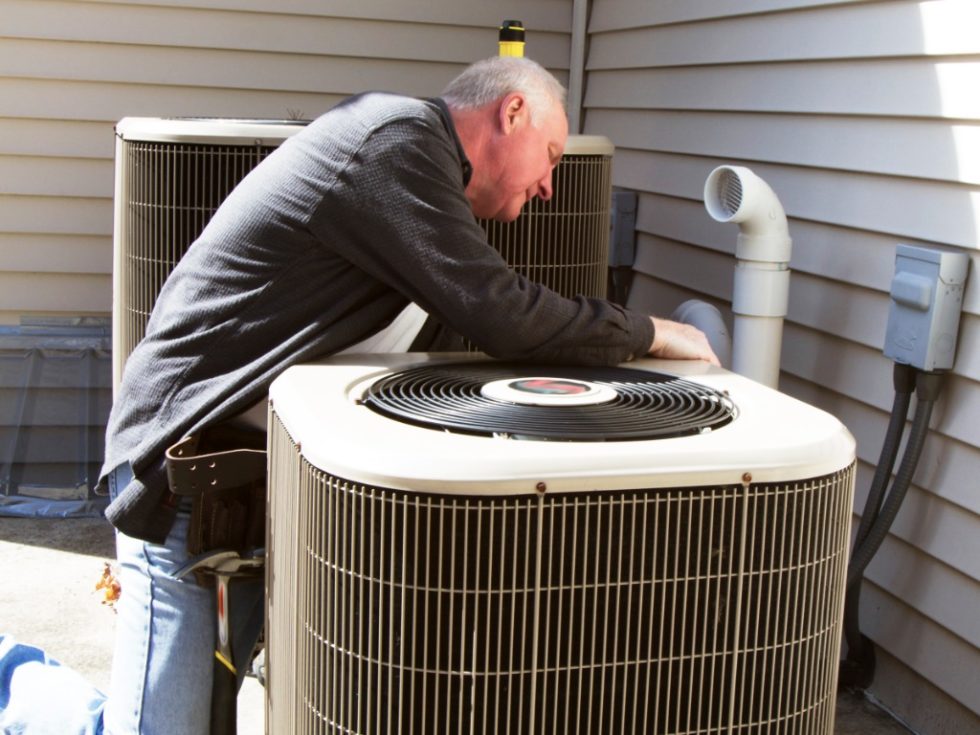
by GroupM7 | Feb 26, 2020 | Articles
How Does My Heat Pump Work, and What are the Benefits? Feb 26, 2020 If you have a heat pump in your Hallsville, Texas, home, you know that it keeps your house cool in the summer and warm in the winter. Heat pumps are efficient and an excellent alternative to...

by GroupM7 | Feb 24, 2020 | Blog
What Does REME technology mean for Longview TX? Feb 3, 2012 Do you want to increase the comfort levels in your Gilmer, Texas, home and save money on energy bills? If so, consider HVAC zoning. Let’s look at what HVAC zoning is and how it can benefit you and your...

by GroupM7 | Feb 22, 2020 | Blog
What Does REME technology mean for Longview TX? Feb 3, 2012 Do you own or manage a business in Gladewater, Texas, and hear funny noises coming from your commercial heater? If so, they could indicate a serious problem. Keeping the heater running in top condition is...

by GroupM7 | Feb 20, 2020 | Blog
What Does REME technology mean for Longview TX? Feb 3, 2012 As a homeowner, you understand that it’s important to schedule maintenance for the HVAC system in your White Oak, Texas, home. That’s because it’s best to leave most HVAC maintenance to the pros. But there...





